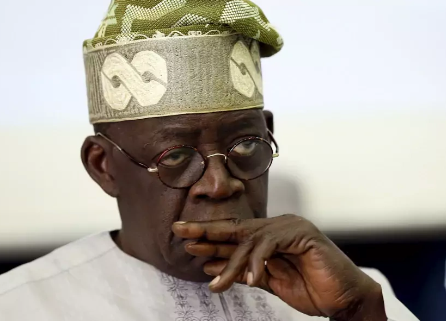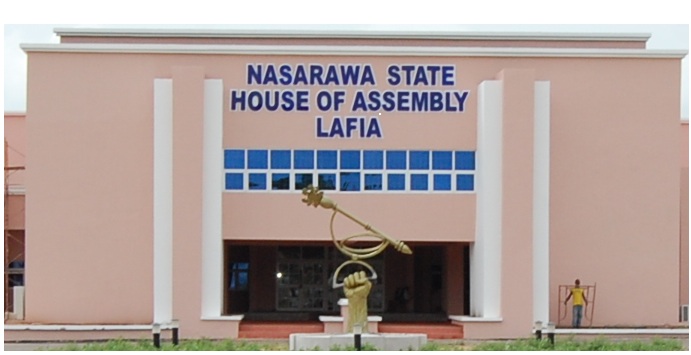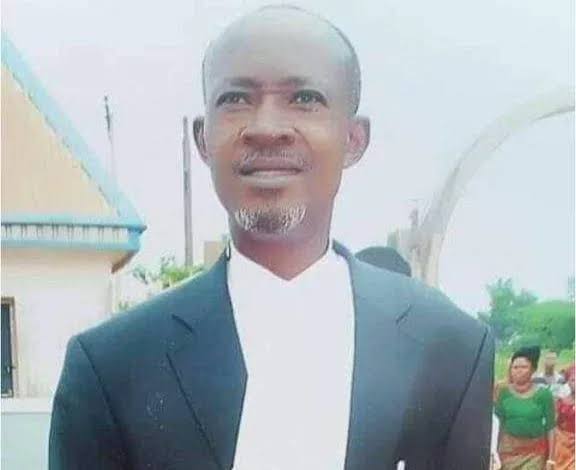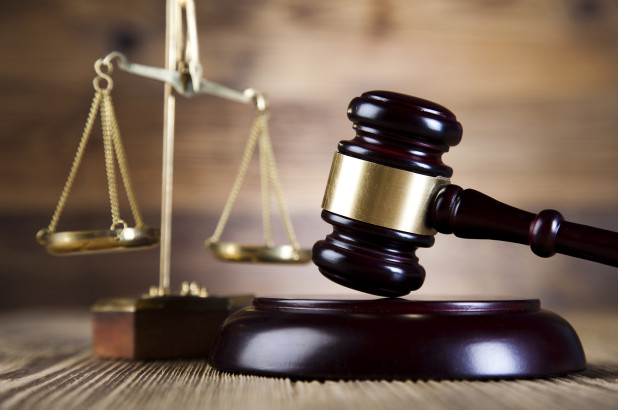IT is against the run of play for the powerful in office to be convicted for misdeeds, especially in a reign of virtual lawlessness and impunity. But it happened thrice in the past five weeks with the courts convicting for contempt of the Chairman of the powerful Economic and Financial Crimes Commission, EFCC, Abdulrasheed Bawa; the Inspector General of Police, IGP, Usman Alkali Baba and the Chief of the entire Nigeria Army, Lieutenant General Farouk Yahaya.
Who knows, we may end the year with the wife of the President, Mrs Aisha Buhari, being hauled before a judge for the alleged abduction, torture and illegal detention of a student, Aminu Muhammad Adamu who allegedly insulted Her Excellency, an unelected official of the Federal Republic.
To comprehend what appears to be the radical rumbling in the judiciary is to cast our minds back to its near silencing for a cumulative 29 years by ‘Fellow Nigerians’ in camouflage uniform who ousted the jurisdiction of the courts.
The military regimes declared themselves supreme and even called their gang, the ‘Supreme Military Council’ which was above the law and the people.
Tragically, some judges not only saw themselves as slaves of the military but indeed acted as such. I recall two of these men in the temple of justice. One was as handsome as Lucifer. On matters the military retroactively decreed death, he would joke through the proceedings and allocutus.
The second judge, who we journalists called ‘Olupani’, was ever enthusiastic to send people, especially journalists to prison in his eagerness to demonstrate to the soldiers in power that he is loyal to them. The height of his sycophancy was when he pronounced from the bench that the leader of the junta was “Kabiyesi”, the Yoruba word for a supreme being who is next only to the gods and whose deeds or misdeeds can neither be examined nor questioned by any earthly being.
It was in that castrated state that the country transited to civil rule and the judiciary, while still suffering from the trauma of military misrule, showed signs of recovery.
Things went quite bad again when retired General Muhammadu Buhari became President in 2015. To put the judiciary in place and remind it of the enormous powers of the Presidency, his government in 2016, carried out Gestapo-like midnight raids across the country on the homes of senior judges, including those of the Supreme Court. The security agents smashed doors, caused bodily injuries and terrified the judges, their families and aides.
When one of the victims, Justice Walter Onnoghen became the Chief Justice of Nigeria, CJN, the scars were still visible. He was soon harassed using a tribunal and then shoved aside for the appointment of a lacklustre CJN who seemed lost and only found himself after he threw in the towel in expected controversial circumstances.
There are two hypothesis I have why the same judiciary, whose apex arm only on January 14, 2020 imposed an unelected governor – who came fourth in the Imo State Governorship elections- on the electorate, would find the courage to make the judicial pronouncements of the past five weeks. It is either the judges are waking up, or with age, and the fact that his government has less than six months left, President Buhari is losing his iron grip on power, and our suffocating country is beginning to breathe easier.
Whatever the case, the realisation that the courts can enquire into any matter, and hopefully bring anybody to book, is psychologically uplifting.
The current path was taken when on October 28, a Federal Capital Territory High Court presided over by Justice Chizoba Oji decided on the failure of the EFCC to comply with a court order instructing it to return a Range Rover and the sum of N40 million to an applicant, Rufus Adeniyi Ojuawo, a retired Air Vice Marshal.
The judge ruled that: “Having continued willfully in disobedience to the order of this court, he (EFCC Chairman) should be committed to prison at Kuje Correctional Centre for his disobedience, and continued disobedience of the said order of court made on November 21st, 2018, until he purges himself of the contempt.”
Although the judge set aside her order on November 10 when the EFCC Chair showed he had partially complied with the court order and was in the process of carrying out a full compliance, the case boosted the morale of not a few.
The more earth-shaking case was the November 29 conviction of the chief law enforcement officer of the country, IGP Baba by the Federal High Court sitting in Abuja, to three months in prison for disobeying a court order. The court also ordered the police to pay the applicant N10 million as special and general damages.
Justice Mobolaji Olajuwon ordered that the IGP should be committed to prison for three months until he obeyed an order the court made eleven years ago. She further ordered that: “If at the end of the three months, the contemnor remains recalcitrant and still refuses to purge his contempt, he shall be committed for another period and until he purges his contempt.”
The case involved a police officer, Mr. Patrick Okoli, who was unlawfully and compulsorily retired from the Nigeria Police Force, NPF, in 1992. Although the Police Service Commission, PSC, recommended Okoli’s reinstatement into the Police, in compliance with a judgement of a High Court in Bauchi State delivered since February 9, 1994, the IGP refused to comply.
A follow up judgement by Justice Donatus Okorowo of the Federal High Court, on October 21, 2011, ordering the IGP to comply with directive of the PSC was also ignored. Not unexpectedly, the IGP would neither exchange his beautiful uniform for those of a prisoner nor would he, unlike Bawa, readily comply. His reasons include that Citizen Okoli’s service-file could not be traced in the Police database and that in any case he is not aware of any court order!
To cap these judicial goals with a hat-trick, Justice Halima Abdulmalik of the High Court Minna, ordered the arrest and imprisonment of the Nigerian Army Chief of Staff, General Farouk Yahaya and the Commander Training and Doctrine Command, TRADOC, Major General Olugbenga Olabanji “until they purge themselves of the contempt”. Although there is no power I know that would remove the red caps of the generals and replace their beautiful uniforms with those of prisoners, it is instructive that officially, these are convicts.
Nigerians meanwhile await the case of Mrs Buhari who, with reference to an incident involving Buhari’s nephew, Sabiu Tunde Yusuf in 2020 and a clash with Ms Fatimah Daura in the Presidential Villa, has a record of impunity.
One day the rule of law and social justice will prevail.



![NJC nominates 23 Federal High Court Judges for appointment [SEE FULL LIST]](https://thenewsguru.ng/wp-content/uploads/2020/07/FilePhoto-33-e1664600797745.jpg)




